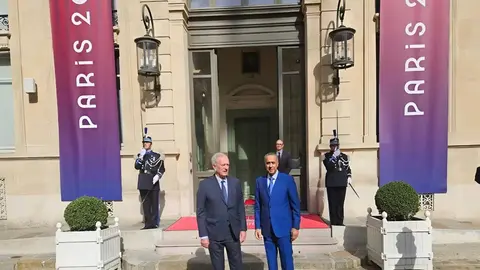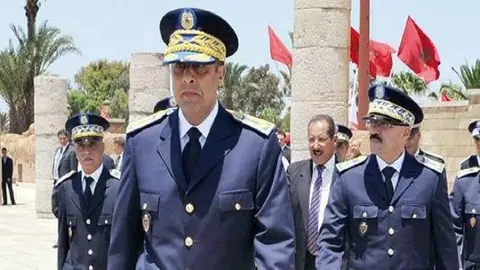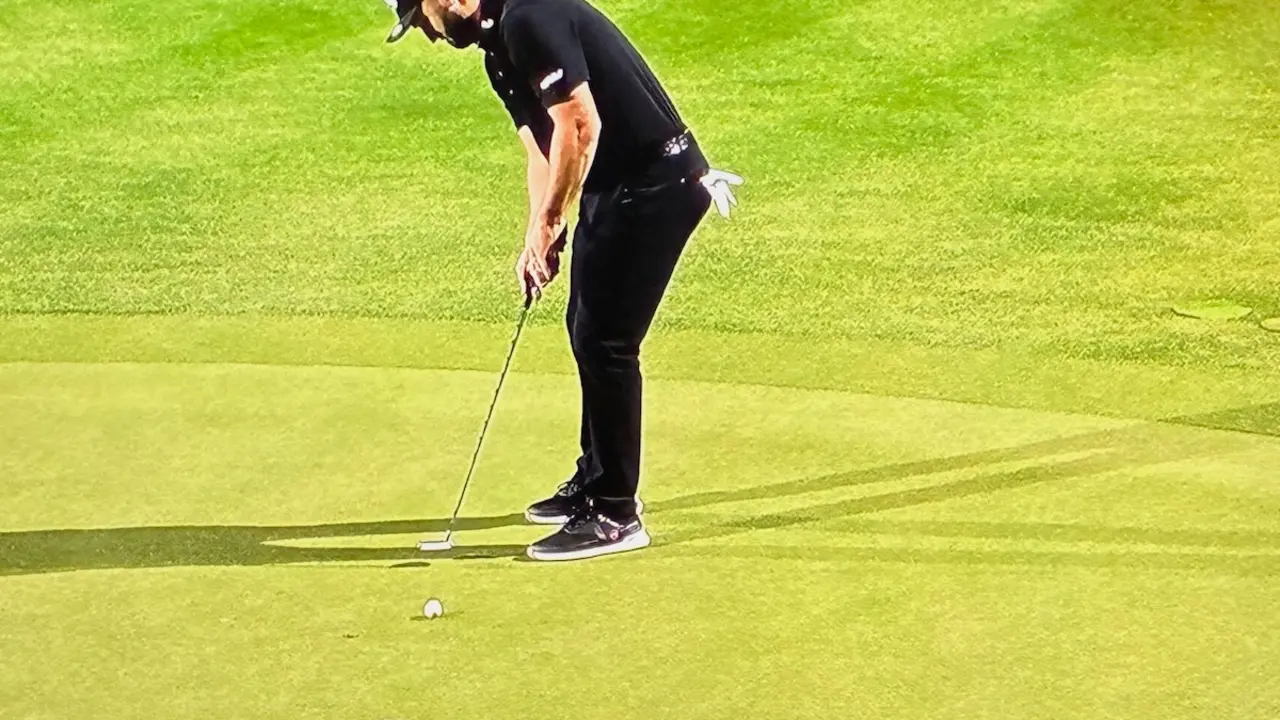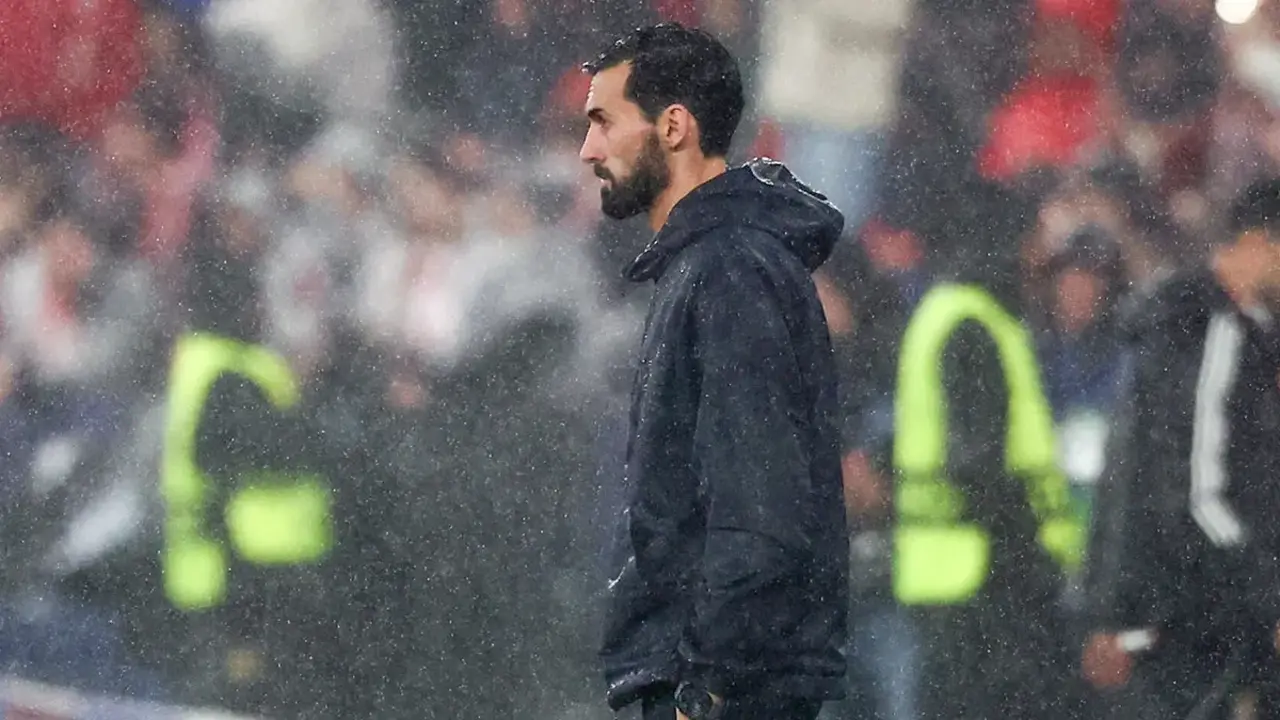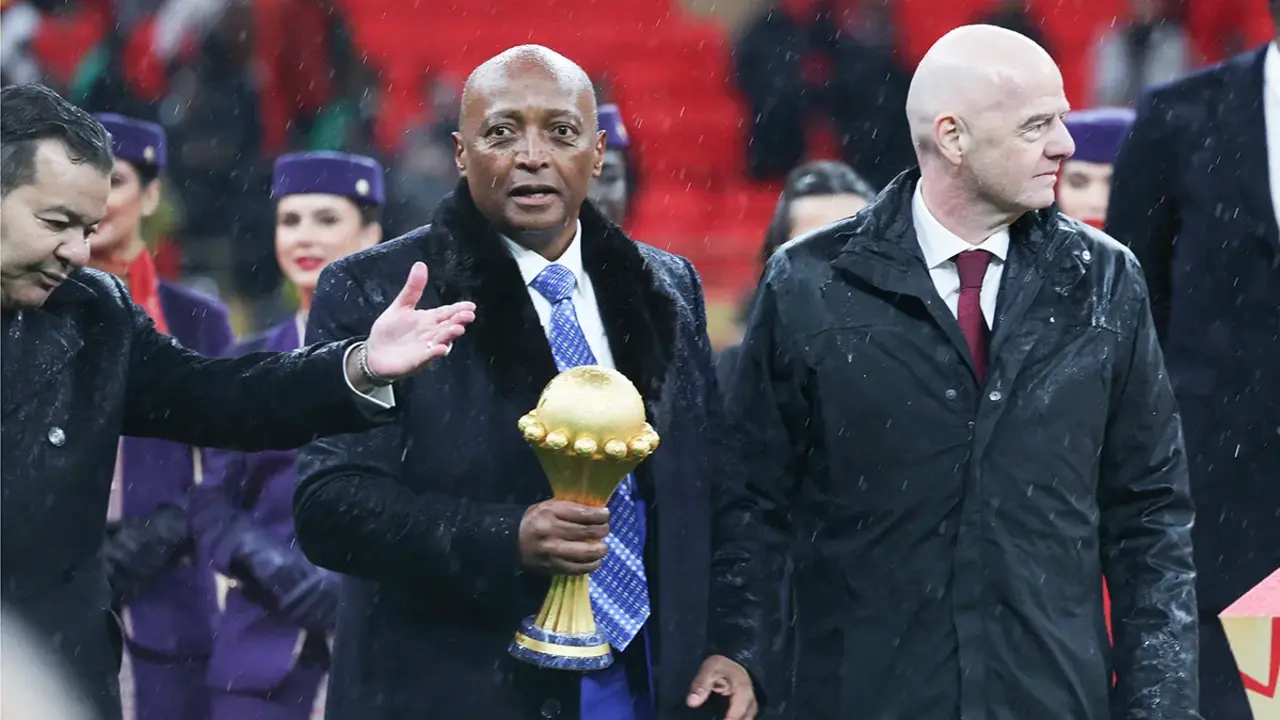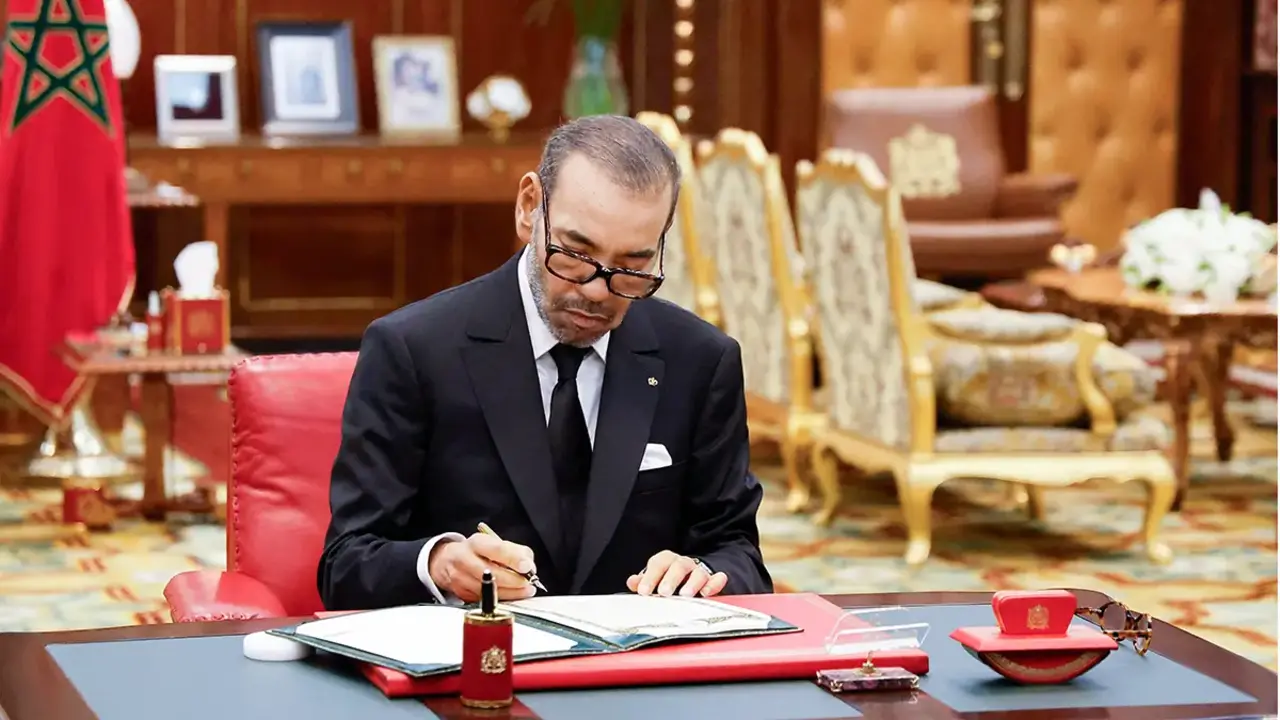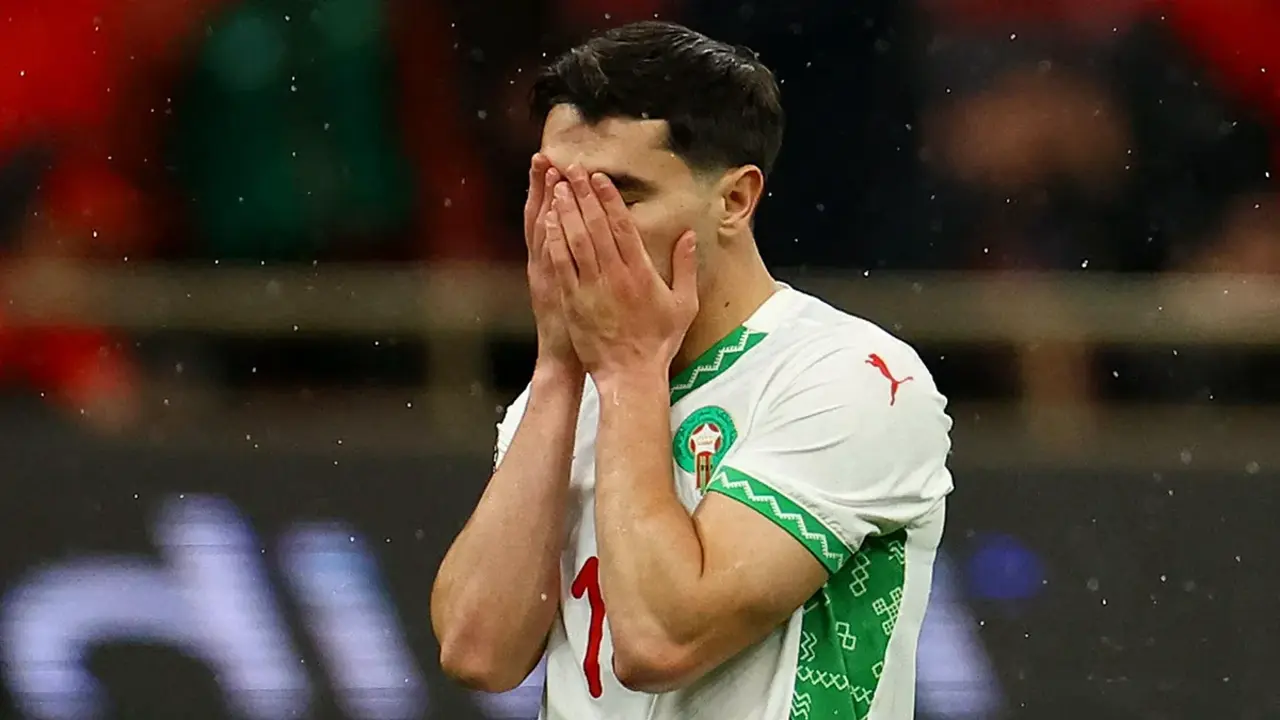Paris offers the world an epic and unforgettable ceremony
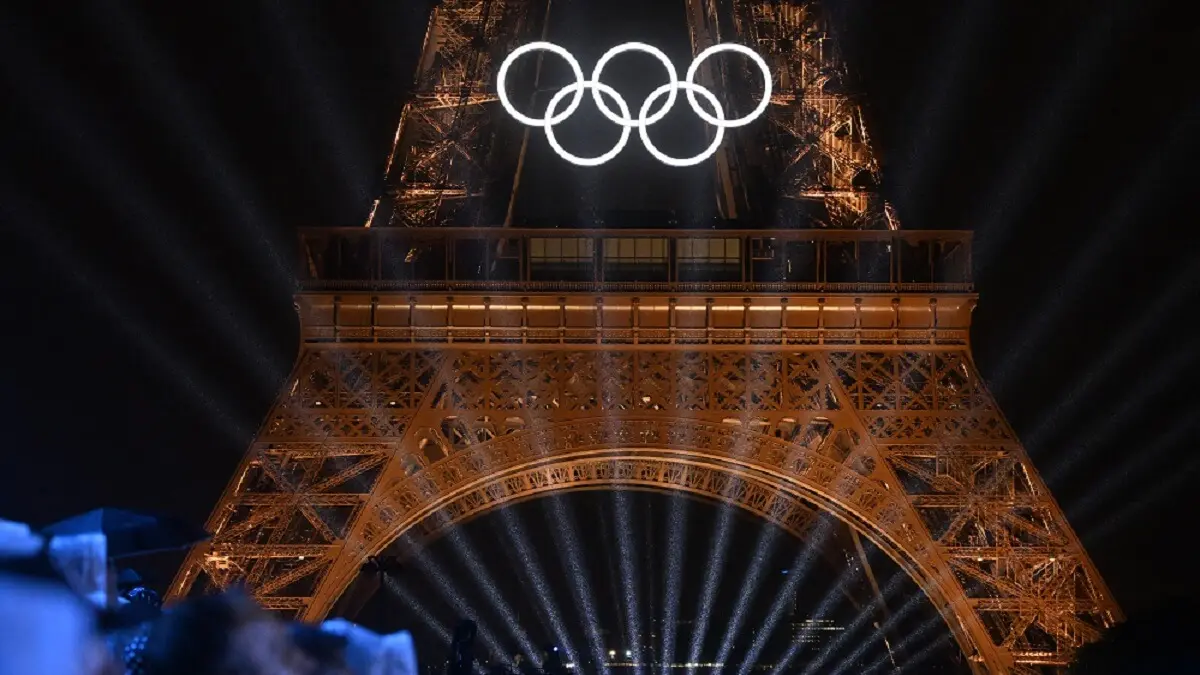
France and its ‘grandeur’ are synonymous, so much so that they stand the test of history and generational renewal unscathed.
‘Altius, citius, fortius, higher, further, stronger’ is the Olympic motto. And the opening ceremony of the XXXIII Olympic Games of the modern era proved once again that neither France should ever be given up nor Paris be considered obsolete. Both nation and capital once again proved to the world that they are unavoidable stations in the convergence of historical tradition and modernity.
A spectacle must be very good for hundreds of millions of viewers around the world to remain glued to their television sets for more than four hours to watch it, while simultaneously attending to and interacting with the hundreds of messages that cascaded in a radical division between surprised enthusiasts and furious detractors. In any case, it was a sign that the all-encompassing spectacle conceived by director Thomas Jolly left no one indifferent.

In the 130-year history of the modern Olympic Games, no one had ever dared such a bold gamble: to take the opening ceremony out of a stadium and turn the host city into a gigantic all-encompassing stage, where the parade of the 206 delegations took place on 85 boats, from the famous tourist ‘bateaux mouches’ to the impressive ‘paquebote’ carrying the very large French team, via small boats and dinghies, all in perfect synchronisation.
Thomas Jolly devised a work in which he was to capture the history of Paris, which is to say the history of France, and to highlight the universal values of the French Revolution, Liberty, Equality, Fraternity, together with the Olympic values of Excellence, Friendship and Respect. Not an easy task, all the more so as the ceremony had a guest who made his presence felt, a pouring rain, which forced artists, athletes and spectators to redouble their attention.
While I recognise that some of those who followed the ceremony either disliked it or were not sufficiently satisfied, my opinion is that the show was great, both in terms of its conception and script, its staging, the perfect timing of its transitions and the size of the immense cast.
I was able to follow the broadcast on Eurosport, whose commentators were sober, with a wealth of previous documentation and punctual contributions to the images captured by more than a hundred cameras along the six kilometres of the route along the River Seine, and well combined by a production team that made very few mistakes.
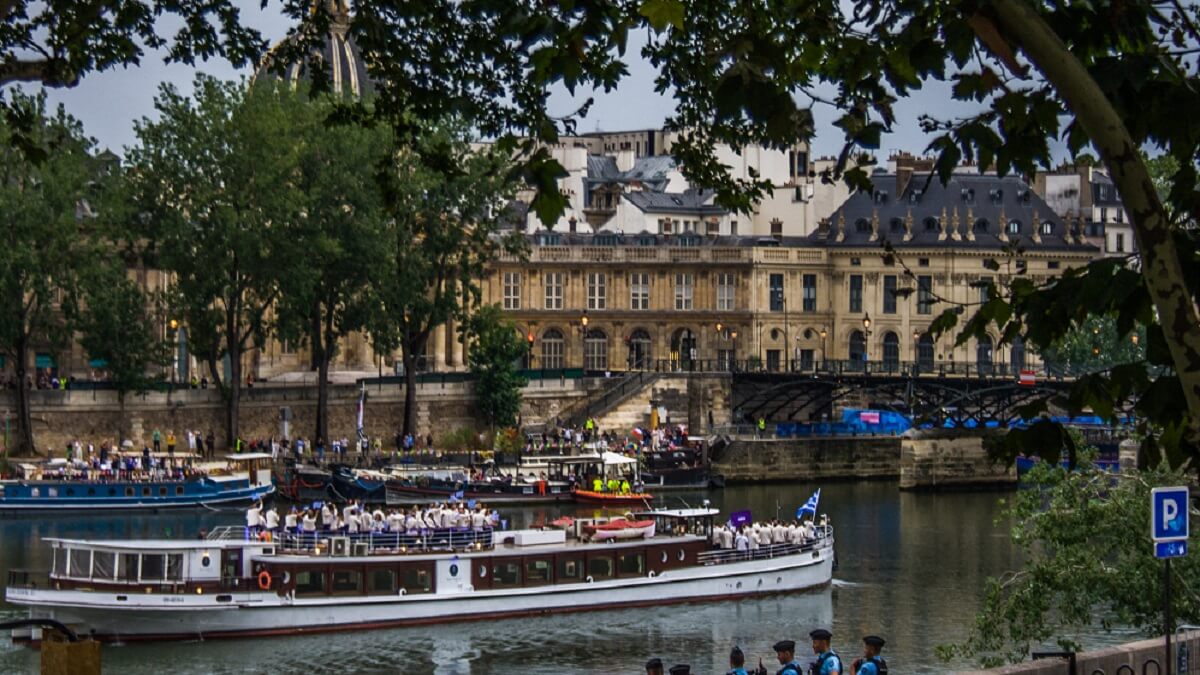
It is true that watching the 206 delegations one after the other can become tedious, but Jolly was able to intersperse the main thread of the plot, a masked figure carrying the torch through the underground passages, the rooftops and the most pompous halls of Paris, with twelve fixed stages, on which the shows took place: From Lady Gaga and her interpretation of Zizi Jeanmarie's ‘Mon truc en plumes’, a performance that paid homage to the cabaret and music hall of the splendour of Paris before and after World War II.
Aya Nakamura, the most famous French-Malian singer in the French-speaking world, gave a lively medley of her best known songs, along with others by the unforgettable Charles Aznavour, accompanied by the band of the Republican Guard, who also demonstrated their ability to perform scores other than military music.
The natural setting of La Conciergerie, where Marie Antoinette awaited her execution, provided the backdrop for the most decisive passages in French history. And in the meantime, the images of the women to whom Jolly wanted to pay tribute for their universal contributions also emerged from the waters of the Seine: Simone Veil, Gisele Halimi, great pioneers of feminism; the guillotined revolutionary Olympia de Gouges; the heroine of the Paris Commune, Louise Michel, or the pioneer of women's sport, Alice Milliat, despised by the very father of modern Olympism, Baron Pierre de Coubertin.
The crescendo of the play reached its zenith in the last part of the ceremony. From the arrival of Zinedine Zidane, who retrieved the Olympic torch, after having handed it over to some children who had been stranded in the Metro, to the unexpected but stellar appearance of Rafa Nadal, the emperor of Roland Garros, to whom Paris paid a well-deserved and just tribute. Nadal would embark with the torch, accompanied by sporting legends such as fellow tennis player Serena Williams, Romanian gymnast Nadia Comaneci and the unforgettable Carl Lewis, the ‘son of the wind’, on their way to the Louvre and the Tuileries, where they would hand over the flame to a succession of giants of French sport, whose last relays were the greatest French athlete of all time, Marie-José Perec, and the still active judoka Teddy Riner, who lit the Olympic flame in the original cauldron, a gigantic hot-air balloon, in memory of Montgolfier.
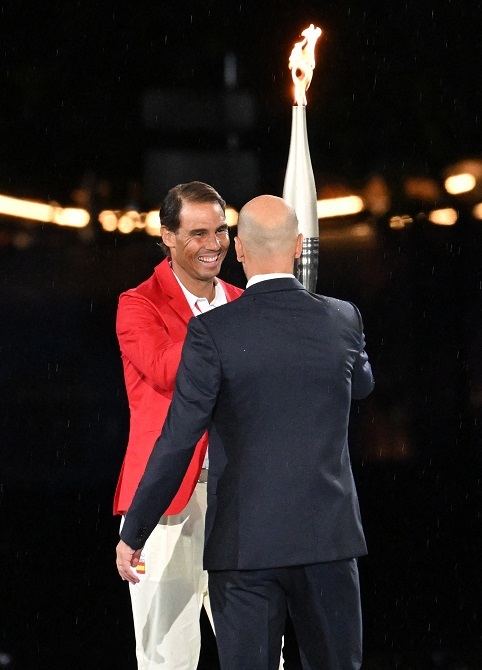
As the balloon soared into the Parisian sky, Quebec-born Céline Dion sang Edith Piaf's unforgettable Hymn to Love from the Eiffel Tower itself. An apotheosis worthy of a unique setting. Paris may be reproduced by means of sets or Artificial Intelligence, but to have its genuine natural scenery, its streets, people, buildings and monuments is something unique and extraordinary.
The 220,000 invited and 100,000 paying spectators who watched the ceremony from the grandstands along the banks of the Seine, along with the athletes and artists who ended up drenched by the rain, will never forget an epic and unforgettable event.
Now it's time for the competitions, which is what matters most to those who have achieved the goal of getting there to compete. Officially, there is no official figure yet for the cost of the huge event in the French capital, which some estimate at four times the cost of the opening of the Tokyo Games. In any case, Paris is once again at the centre of the world map, and has taken it with undisputed authority. It has certainly made it very difficult for its successors, Los Angeles and Brisbane for starters.


